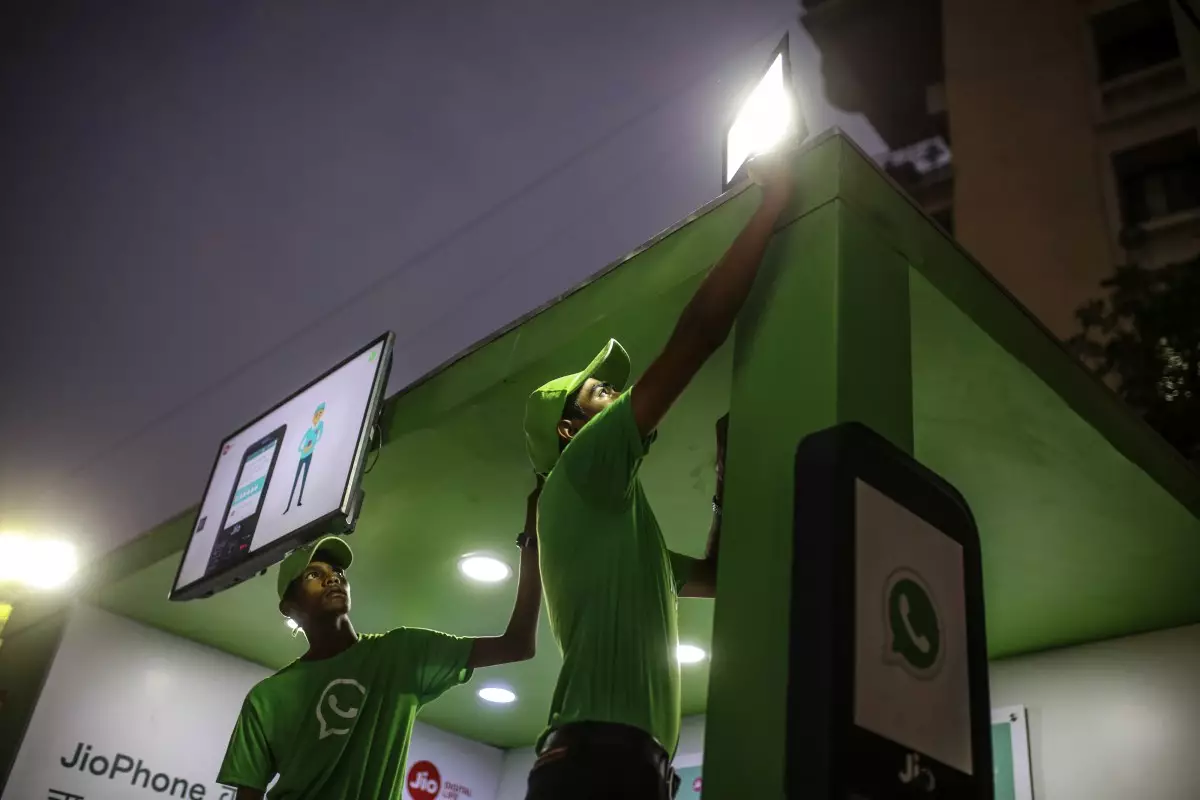In a landmark decision, India has granted WhatsApp Pay, the payment service of the widely popular messaging app, the green light for unrestricted rollout to its extensive user base in the country. This significant shift emerges from the National Payments Corporation of India (NPCI), the governing authority overseeing the Unified Payments Interface (UPI), which has shown a transformative evolution in the digital payment landscape. Previously restrained by a user cap, WhatsApp Pay now stands poised to penetrate the Indian market like never before, presenting an urgent challenge to its fintech competitors.
The NPCI has historically adopted a measured approach toward permitting WhatsApp Pay’s expansion, initially imposing a user limit of 40 million at its debut in 2020, later increasing it to 100 million in 2022. However, the recent conclusion of these restrictions indicates a deliberate pivot in regulatory sentiment, acknowledging the necessity for competitive dynamics in India’s booming digital payment arena. With over 500 million users connected to WhatsApp in India, the scale of potential growth for the payment service is immense.
As WhatsApp embarks on this expanded journey, it enters a market dominated by giants like Google Pay and PhonePe, which together command more than 85% of UPI transactions. This concentrated market share underscores the critical need for new entrants to differentiate themselves and capture consumer trust. In this climate, WhatsApp’s commitment to integrating its payment service into daily transactions—such as bill payments, travel bookings, and retail shopping—could prove advantageous.
The NPCI’s recent decision also reflects ongoing concerns regarding market concentration. Although the authority has postponed the implementation of a proposed 30% cap on any single application’s transaction share within the UPI network until December 31, 2026, this does not mitigate the urgency for other players to innovate and offer unique value propositions. WhatsApp’s engagement in the UPI ecosystem could unlock new possibilities for consumer interactions, enticing users through already familiar channels.
Amidst this competitive landscape, WhatsApp’s spokesperson emphasized their unwavering commitment to providing a simple and secure payment experience. The messaging platform envisions enhancing daily life through diverse transaction opportunities. By coupling secure transactions with the user-friendly interface already familiar to millions, WhatsApp Pay strives not merely for functional integration but for a holistic enhancement of financial interactions in users’ lives.
WhatsApp Pay’s unrestricted rollout marks an essential juncture in India’s digital finance narrative, as it rallies to rival well-established market players. As user preferences shift towards convenience and quick digital solutions, the success of WhatsApp Pay will depend on its ability to navigate the intricacies of payment behaviors while adhering to regulatory frameworks. Ultimately, this evolution represents more than just a financial tool; it signifies a potential shift in how digital communication and financial transactions converge, catalyzing the next phase of India’s fintech revolution.

